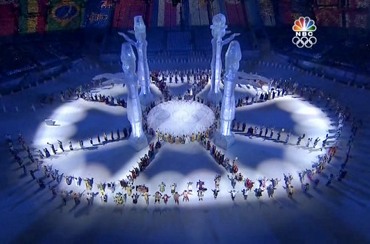Zuky, now a Vancouverite and tumblogger, brings us news from the West Coast:
The Chinese Canadian Historical Society of BC produced this short video explaining their project “Chinese Canadians and First Nations: 150 Years of Shared Experience”. The project was actually initiated by two UBC students of aboriginal ancestry, Amy Perreault and Karrmen Crey, who produced a short video entitled “Why Do Indians Like Chinese Food?”. When Karrmen Crey was growing up, her father used to tell her, “Do you know why Indians like Chinese food? Because Chinese restaurants were the only restaurants we were allowed in to eat.”
This is a trailer for Cedar and Bamboo, a 22-minute documentary exploring stories of people of Chinese and First Nations ancestry.
I was wondering why the older lady in the video had an accent if she was born in Vancouver, and then I realized that she grew up overseas in a Cantonese-speaking society and then returned to Vancouver when she was an adult.



 Sometimes objective criticism of your government can only come from a foreign news outlet.
Sometimes objective criticism of your government can only come from a foreign news outlet. 